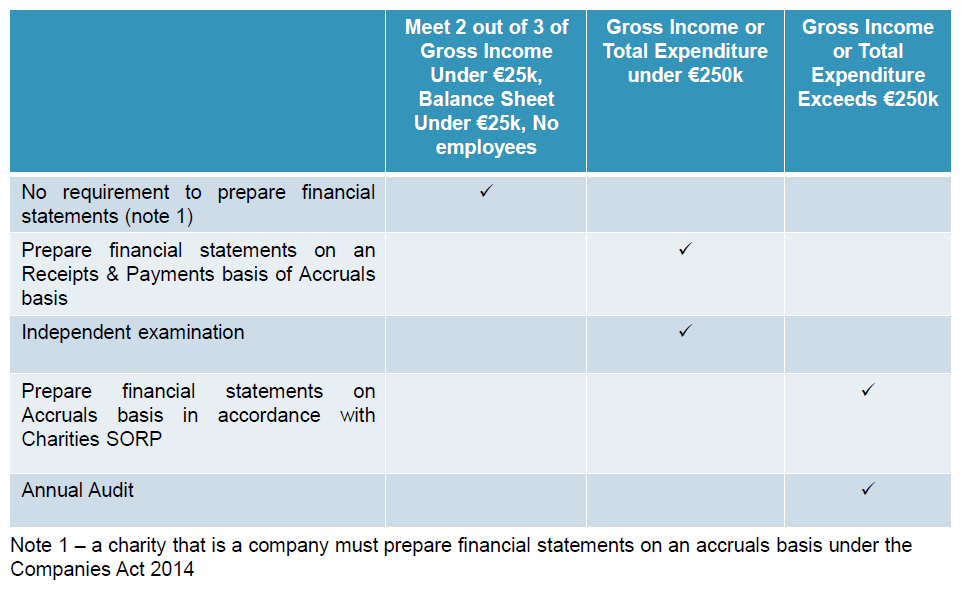 Ireland is an attractive place to set up a Holding Company for many reasons as outlined below.
Ireland is an attractive place to set up a Holding Company for many reasons as outlined below.
The main advantage of setting up a Holding Company in Ireland is the introduction of the new participation exemption which exempts qualifying distributions received by a holding company from its subsidiary from Corporation Tax in Ireland. Prior to this, the tax rate of dividends received from foreign subsidiaries was reduced to 12.5% in certain cases so the introduction of the new participation exemption is welcomed.
We have outlined the main benefits of setting up a Holding Company in Ireland below:
- Dividend income between two Irish companies is exempt from tax in Ireland.
- As mentioned above, there is a new participation exemption for foreign dividends which exempts qualifying distribution from corporation tax. The key conditions of this participation exemption are as follows:
- Resident in and EEA state or a country which has a DTA with Ireland.
- The recipient of the dividend must hold at least 5% of the shareholding of the paying company for an uninterrupted period of 12 months.
- It must not be tax deductible in any other jurisdiction.
- Made out of profits of the paying company.
- The company must opt in for this exemption on a yearly basis.
- There is also a participation exemption on the disposal of shares in a trading subsidiary company on shareholdings of at least 5 years that have been held for at least 12 months.
- Dividend Withholding Tax (DWT) exemptions:
- Group exemption – exemption from DWT if the Holding Company is a 51% parent of the paying company.
- EU Parent Subsidiary – Provides an exemption from DWT on the dividends between parents and subsidiaries. The parent company must own 5% of the shares during an interrupted period of 2 years.
- DTA DWT exemptions.
- The tax rate for trading companies in Ireland is 12.5% and for passive income is 25%.
- Expenses of managing a holding company are generally tax deductible in Ireland.
- English speaking country.
- Part of the EU.
CFC Rules Ireland
CFC rules prevent the artificial diversion of profits from controlling companies to CFCs (offshore entities in low-tax or no-tax jurisdictions). The Irish regime can be summarised as:
- The charge applies to undistributed income of a CFC arising from non-genuine arrangements put in place essentially to avoid tax.
- Such undistributed income is attributed for taxation purposes to the Irish controlling company, or connected company, where that company has been carrying out significant people functions (“SPF”) in Ireland.
- There are exemptions for CFCs with low profits or low profit margin or where the CFC pays a comparatively higher amount of tax in its territory that it would have paid in Ireland.
- The CFC rules will not apply where the arrangements under which SPFs are performed have been entered into on an arm’s length basis or are subject to transfer pricing rules.
- Unless an exemption applies, undistributed income, with an Irish nexus by reference to Irish SPFs, which has been artificially diverted from Ireland, will fall to be taxed in Ireland.
- To prevent double taxation, a credit will be available against the CFC charge for foreign tax paid on the same income.
We can assist on all aspects of setting up a Holding Company in Ireland whether it is incorporating the company, tax compliance and advice, or the preparation and audit of financial statements. If you wish to discuss, please contact us.











